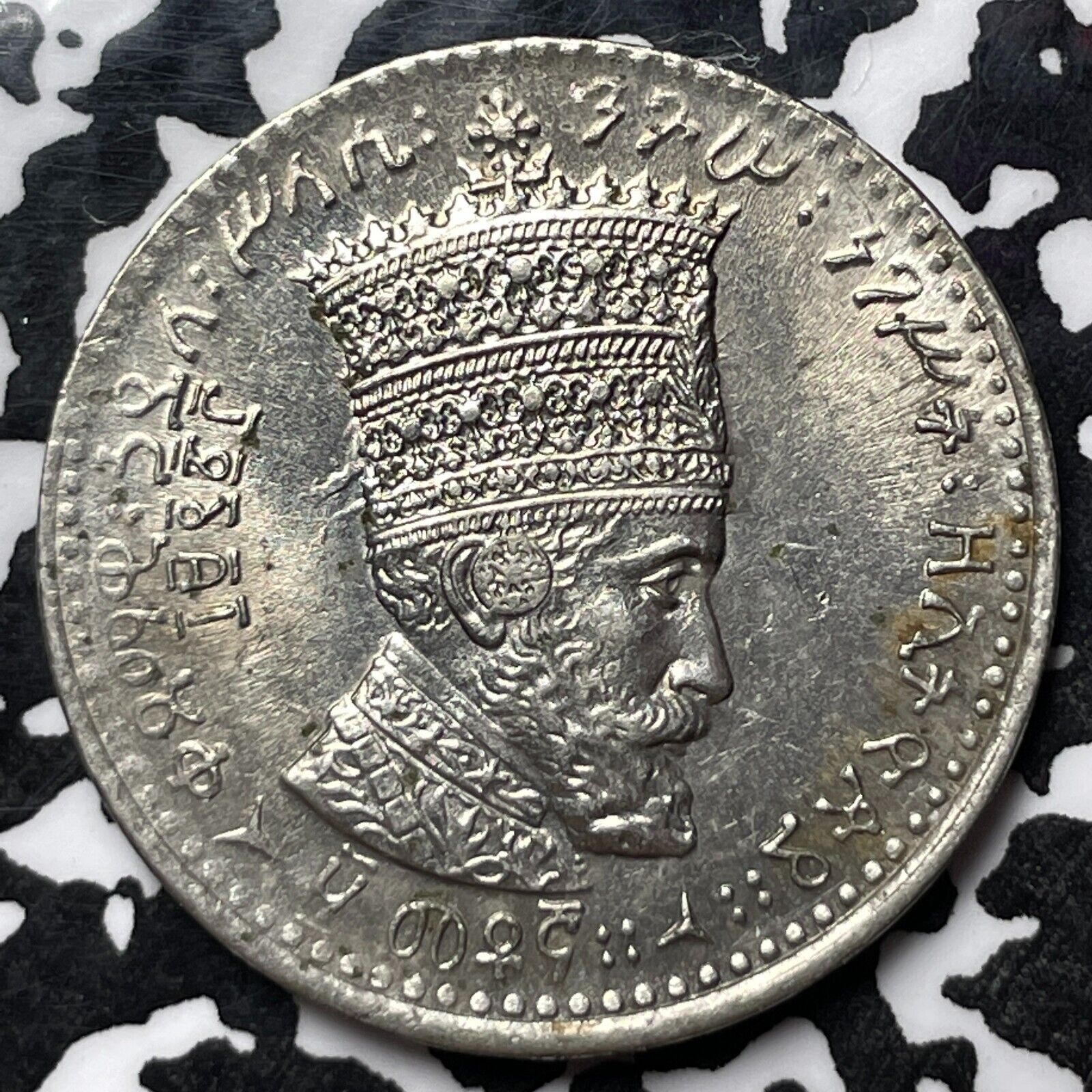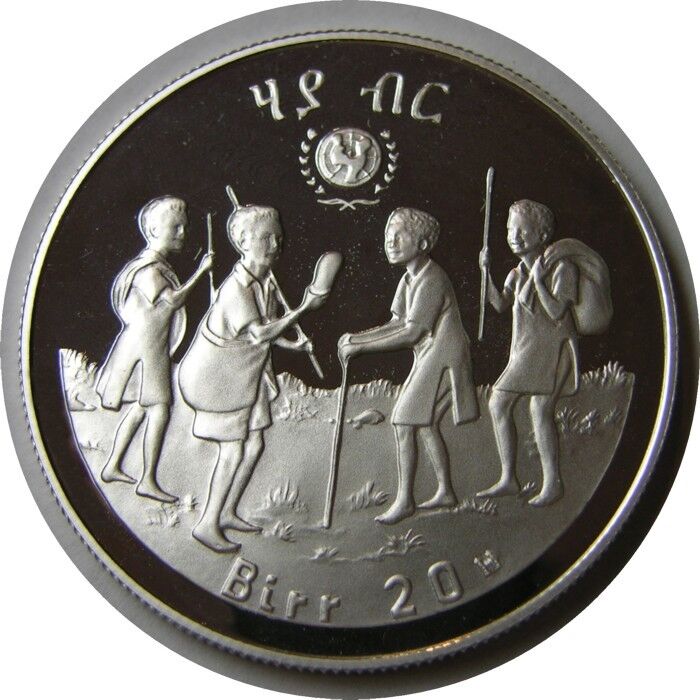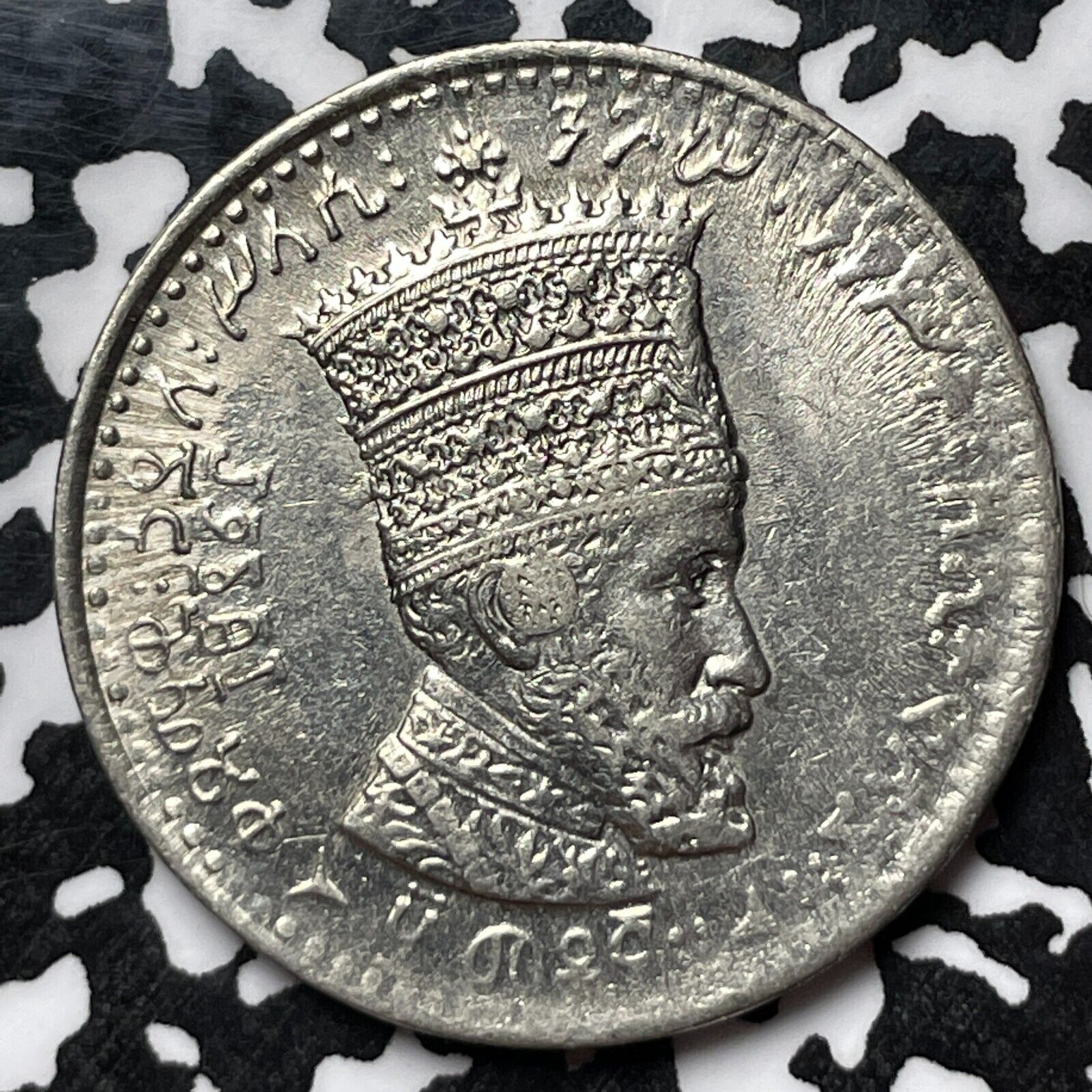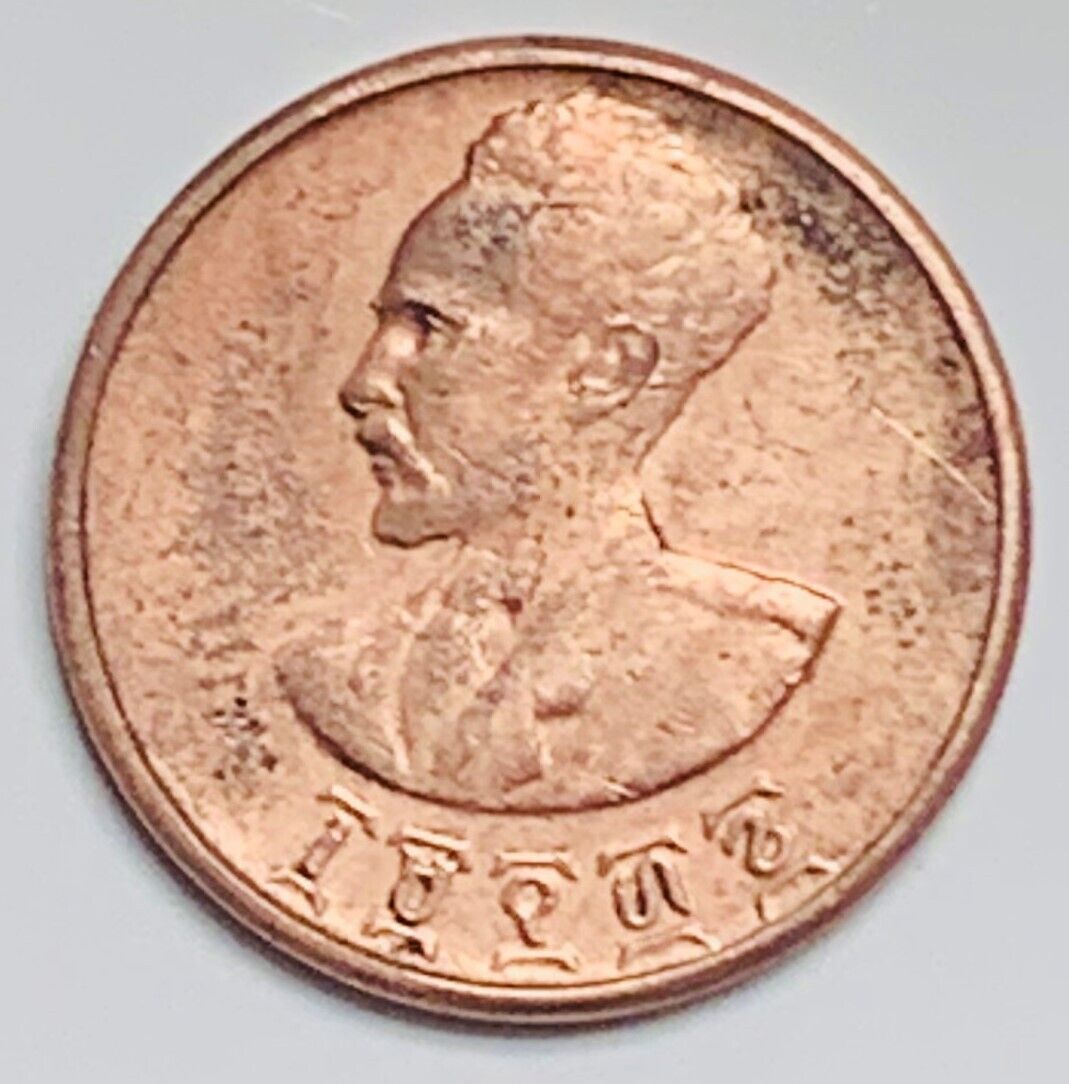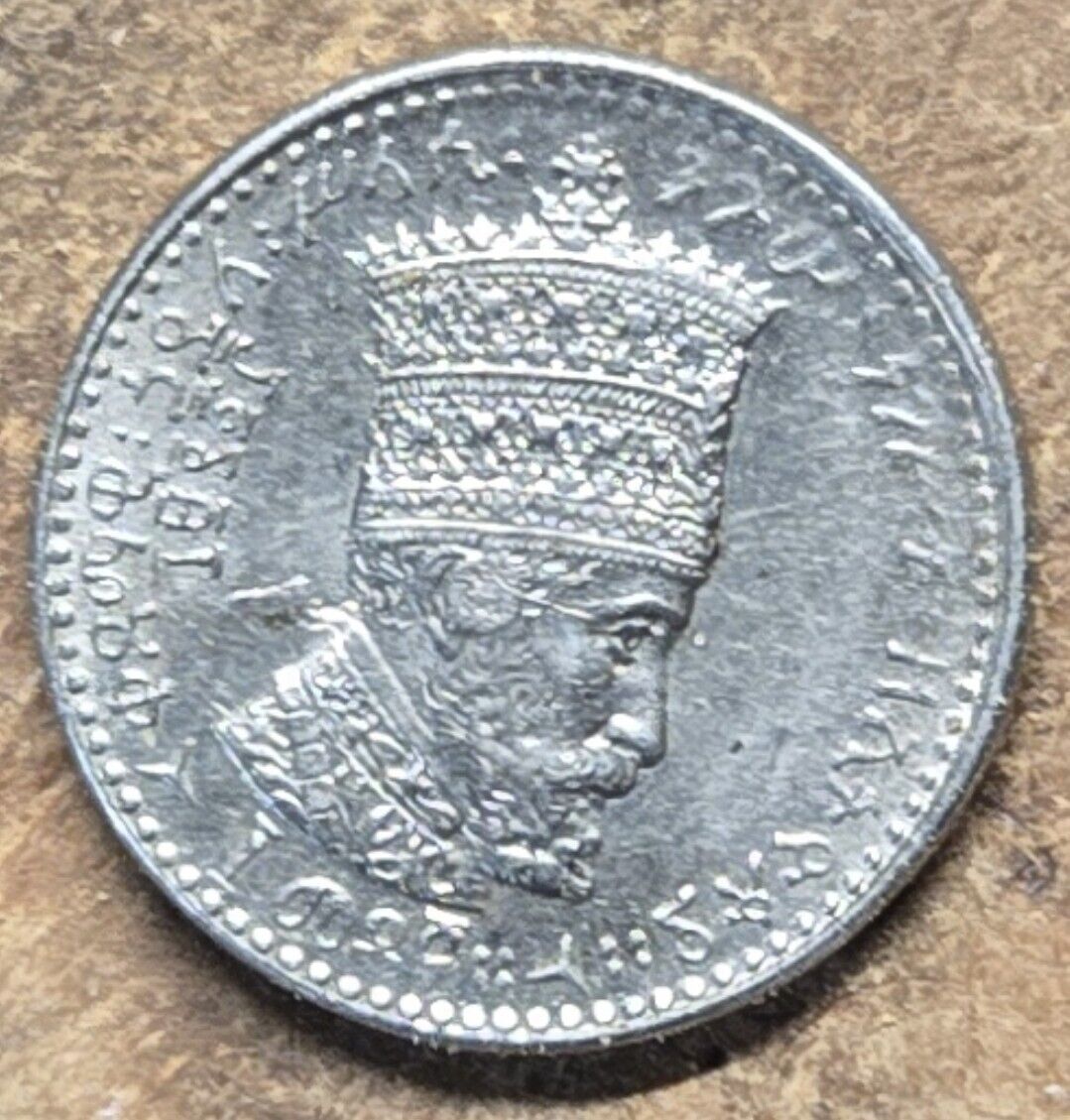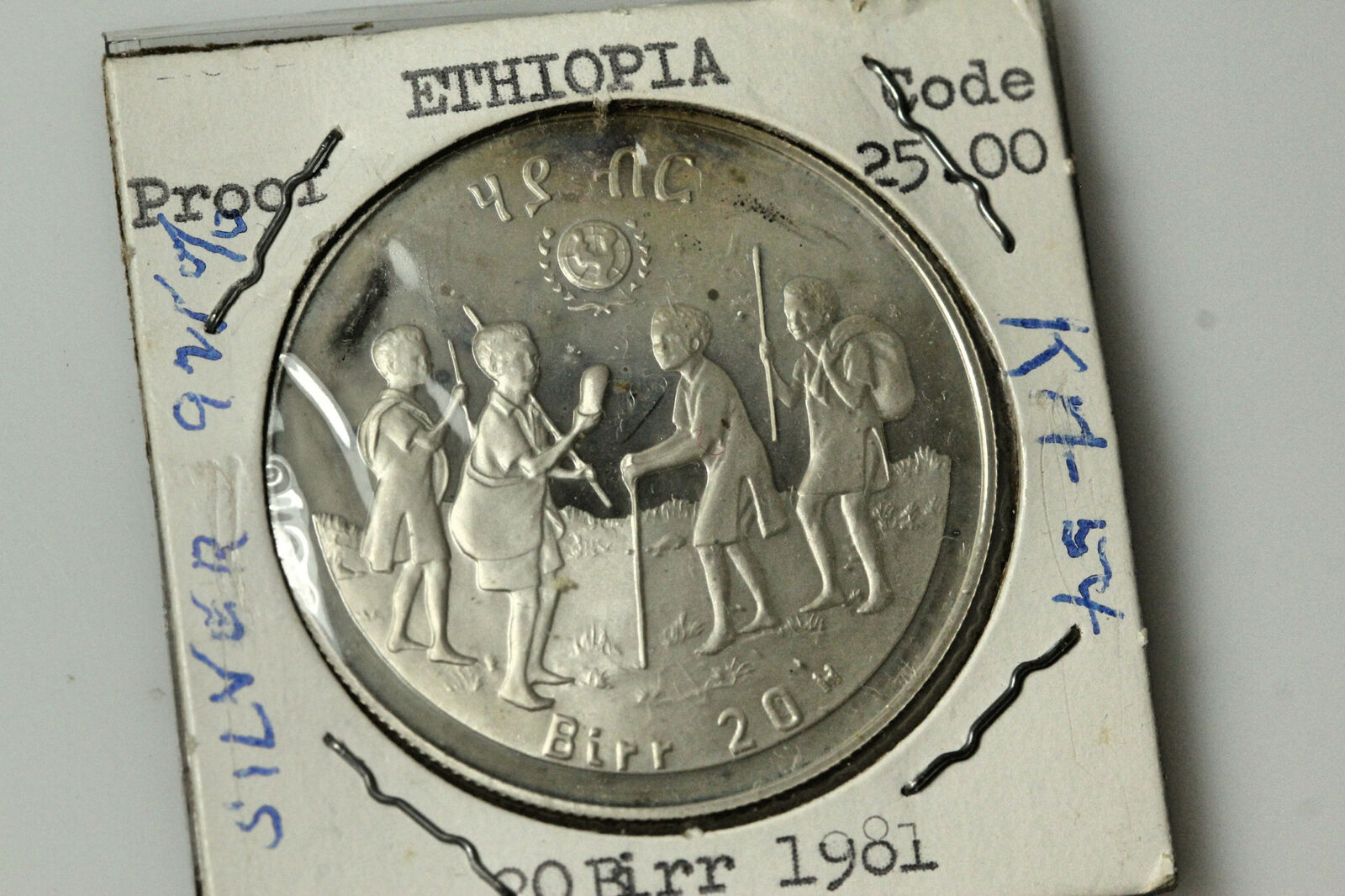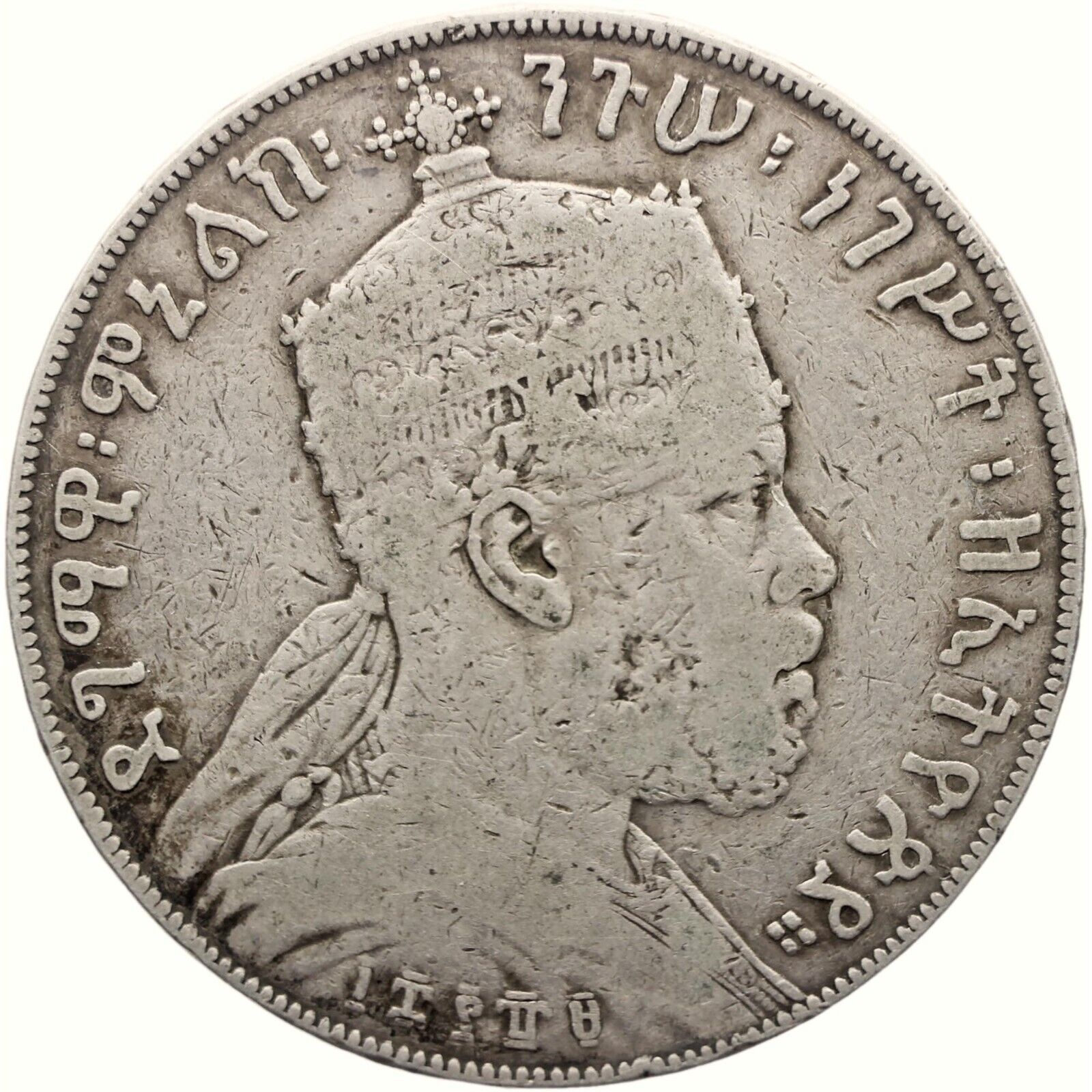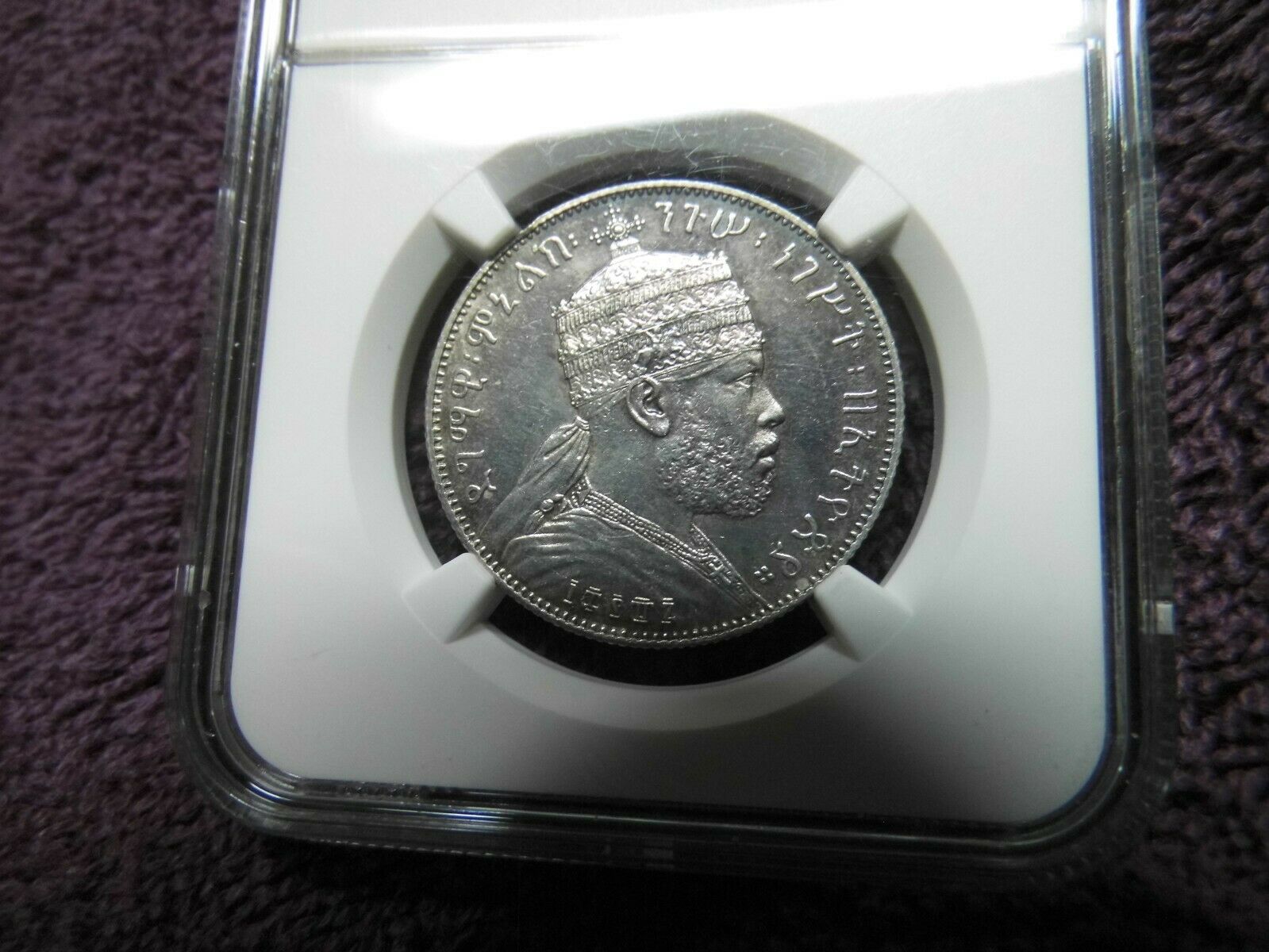-40%
3pc Lot 1944 Ethiopia Haile Selassie I Copper Coins 5 10 & 25 cents Uncirculated
$ 6.07
- Description
- Size Guide
Description
ETHIOPIA, HAILE SELASSIE I, 5 10 & 25 CENTS, HAYA AMIST SANTEEM, 1944, PARISAppear uncirculated, you receive coins pictured..
A note on Rastafarist beliefs:
from wikipedia
Rastafari
, also spelled
Ras Tafari
, religious and political movement, begun in
Jamaica
in the 1930s and adopted by many groups around the globe, that combines
Protestant
Christianity
,
mysticism
, and a pan-African political
consciousness
.
Rastas, as members of the movement are called, see their past, present, and future in a distinct way. Drawing from
Old Testament
stories, especially that of Exodus, they “overstand” (rather than understand) people of African descent in the Americas and around the world to be “exiles in Babylon.” They believe that they are being tested by Jah (God) through
slavery
and the existence of economic injustice and racial “downpression” (rather than oppression). Looking to the
New Testament
book of
Revelation
, Rastas await their deliverance from captivity and their return to Zion, the symbolic name for Africa drawn from the biblical tradition.
Ethiopia
, the site of a dynastic power, is the ultimate home of all Africans and the seat of Jah, and repatriation is one goal of the movement. Many (though not all) Rastas believe that the Ethiopian emperor, His Imperial Majesty
Haile Selassie I
, crowned in 1930, is the Second Coming of Christ who returned to redeem all Black people. The movement takes its name from the emperor’s precoronation name, Ras Tafari.
Jamaican Rastas are descendants of African slaves who were converted to Christianity in Jamaica by missionaries using the text of the
King James Version
of the
Bible
. Rastas maintain that the King James Version is a corrupted account of the true word of God, since English slave owners promoted incorrect readings of the Bible in order to better control slaves. Rastas believe that they can come to know the true meanings of biblical scriptures by
cultivating
a mystical consciousness of oneself with Jah, called “I-and-I.” Rastas read the Bible selectively, however, emphasizing passages from
Leviticus
that
admonish
the cutting of hair and beard and the eating of certain foods and that prescribe rituals of
prayer
and
meditation
. Based on their reading of the Old Testament, many Rasta men uphold patriarchal values, and the movement is often charged with sexism by both insiders and outsiders. “Iyaric,” or “Dread-talk,” is the linguistic style of many Rastas, who substitute the sound of “I” for certain syllables.










